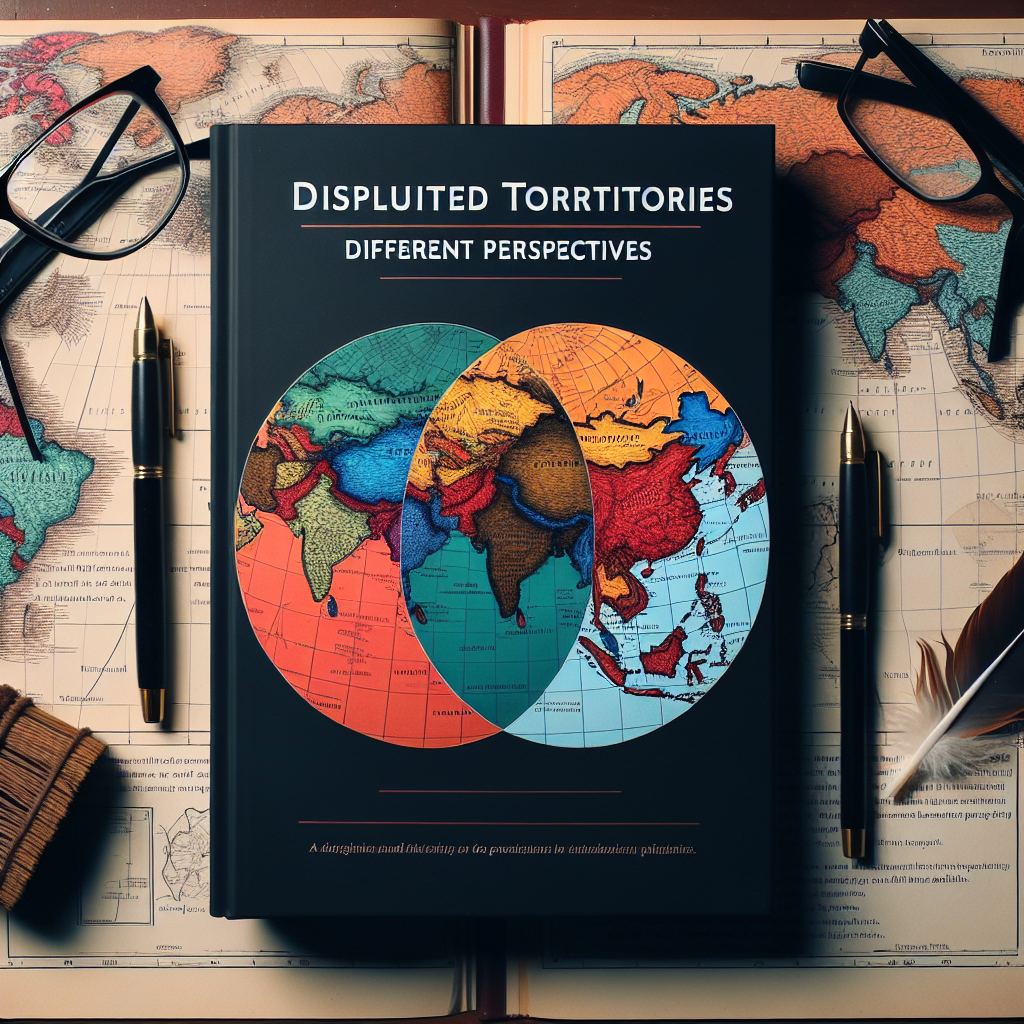Murray Rothbard’s perspective on the state paints it as an organization of coercion that undermines the just rights of individuals, particularly regarding private property. In his radical libertarian views, he asserts that the state operates through the physical coercion of taxation and establishes a monopoly on violence within its borders, ruling out the possibility of a just state. This framework is essential when examining the historical formation and actions of the State of Israel, which Rothbard scrutinizes in light of its creation in 1948. He articulates the consequences of this emergence on the native Palestinian Arab population, detailing the expropriation of land and homes, and highlighting the plight of the displaced, many of whom were forcibly removed.
Rothbard argues the legitimacy of Israel’s claim over these territories is severely compromised. He attributes the mass displacement of Palestinians to aggressive actions—a violent and unilateral takeover—contradicting the narrative propagated by Israeli authorities that claim the refugees left of their own accord due to panic. He posits a fundamental conflict between two irreconcilable claims: one from the indigenous Palestinians who have inhabited the land for generations and the other from Jewish groups arriving from abroad, many of whom assert a historical entitlement based on religious beliefs. This ongoing struggle inherently challenges the principles Rothbard espouses about the underpinnings of theft and property rights in a state system.
Critically assessing the situation, Rothbard views wars, including the ongoing Israeli-Palestinian conflict, as instrumental for state perpetuation. However, he emphasizes that the existence of a state does not justify its aggressiveness or the wars it undertakes. He critiques the Israeli state not only for its monopoly on land but also for the injustices inflicted upon the Palestinians, who become victims of a systematic land-grab masked as a defense mechanism. Rothbard underscores that the lack of a Palestinian state complicates matters, as there is no equal entity to defend against and thus no legitimate justification for the military efforts purportedly aimed at safeguarding its populace.
In discussing the guilt associated with each side in conflicts, Rothbard asserts that while all states share a foundational guilt due to their nature, not all are equally culpable in conduct. In the Israeli-Palestinian case, he clearly delineates Israel as the aggressor, responsible for much of the suffering and destruction in the region. He suggests a complex narrative where the state’s status—coupled with religious motivations—clouds the perception of its culpability, reducing public scrutiny of its actions. Rothbard calls upon libertarians to recognize that not all sides share equal responsibility and encourages a deeper engagement with the history of the conflict to establish a clearer moral stance.
Justice, in Rothbard’s framework, necessitates an acknowledgment of the injustices confronted by Palestinians, who were displaced from their lands and whose rights continue to be ignored. He emphasizes that true peace and resolution can only occur if Palestinians are allowed to return to their rightful properties, a hope that remains distant as the Israeli state clings to its expansionist Zionist policies. Rothbard is unyielding in his belief that recognizing Palestinian rights is essential for any notion of justice to materialize, framing the issue as deeply intertwined with property rights and individual human dignity.
Rothbard’s conclusions about the Israeli-Palestinian conflict acknowledge the impossibility of a just resolution under the current Zionist framework governing Israel. He predicts a persistent cycle of conflict birthed from the deep-set animosity and social divisions, compounded by the ideologies fueling the state’s actions. The continuation of territorial expansion, the lack of genuine efforts toward the promised two-state solution, and the ideological motivations behind settlements further illustrate the grim reality of the situation. His call for a reevaluation of the conflict, urging libertarians and broader audiences alike to take informed sides, remains a relevant discourse in the face of ongoing struggles and injustices in the region.

